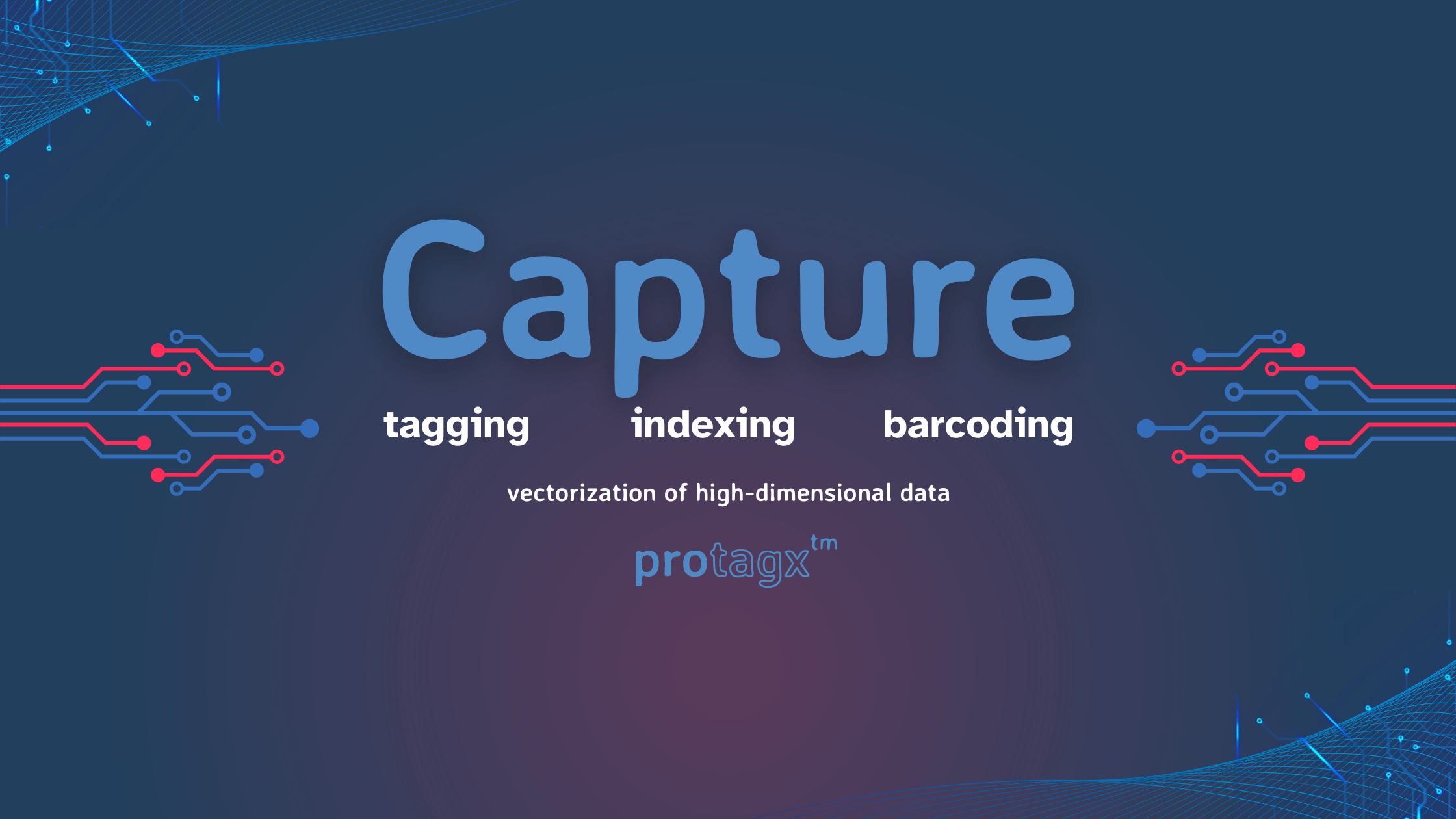By Christian Schappeit | Digital Consultant and CRM Specialist | Protagx CRM Services
As someone who has spent years navigating the complexities of life sciences, clinical trials, and governance, I see a distinct parallel between the ethical challenges in these regulated industries and those emerging with Artificial Intelligence (AI). The same principles of precision, accountability, and transparency that guide clinical research must now shape the future of AI—particularly in sensitive applications like predictive policing and Explainable AI (XAI).Predictive policing promises to revolutionize law enforcement by using algorithms to anticipate crime, but it also risks perpetuating systemic biases. XAI, on the other hand, seeks to demystify AI decision-making, offering a way to build trust and ensure accountability. Together, these technologies highlight a critical challenge: how do we embrace innovation without compromising ethics or societal values?
At Data Divers Dialogues, my goal is to spark conversations about the intersection of technology and governance. This article dives deep into the dual narratives of predictive policing and XAI, using lessons from life sciences to illuminate paths forward.
Predictive Policing: Between Promise and Pitfalls
What is Predictive Policing?
Predictive policing uses machine learning to analyze crime data and identify potential hotspots or individuals likely to commit or fall victim to crimes. While this approach can optimize resource allocation and improve safety, it often comes at a societal cost.
Ethical Challenges
-
Bias in Data: Algorithms rely on historical crime data, which often reflects systemic inequalities. Over-policed communities are overrepresented in the data, leading to self-reinforcing cycles of discrimination.
-
Accountability: When predictive policing leads to wrongful arrests or profiling, who takes responsibility—the developers, law enforcement, or policymakers?
-
Privacy Concerns: Individuals flagged by these systems can face undue scrutiny, raising significant privacy and human rights issues.
Lessons from Life Sciences
In clinical trials, ethical governance ensures fairness, transparency, and accountability. Predictive policing could adopt similar practices:
-
Bias Audits: Just as trials require diverse participant pools, algorithms must be audited regularly to detect and mitigate biases.
-
Ethical Review Boards: Modeled after Institutional Review Boards (IRBs), these committees could oversee predictive policing projects, ensuring alignment with societal values.
Explainable AI (XAI): Unlocking Transparency
Why XAI Matters
XAI provides a window into how AI systems make decisions. By offering clear explanations, it enhances trust and accountability, particularly in high-stakes applications like healthcare and law enforcement.
For instance, XAI could:
-
Clarify why a predictive policing model flagged a specific area or individual.
-
Enable stakeholders to challenge or validate AI outputs.
-
Promote fairness by exposing potential biases in decision-making processes.
Practical Applications
XAI is already making waves in fields like healthcare. IBM Watson Health, for example, uses XAI to explain treatment recommendations, enabling doctors to trust and act on AI-generated insights. Imagine applying this level of transparency to predictive policing, where every decision could be scrutinized and understood.
Governance: Building Bridges Between AI and Ethics
Five Steps Toward Responsible AI
-
Ethical Oversight Committees: Borrowing from clinical trials, these bodies can review and approve AI projects, ensuring ethical alignment.
-
Bias Mitigation Practices: Regular audits and fairness-aware algorithms can reduce discriminatory outcomes.
-
Transparency Standards: Require XAI compliance for all high-risk AI applications, using tools like counterfactual explanations to demystify decisions.
-
Stakeholder Engagement: Include community leaders, civil rights advocates, and technical experts in decision-making processes.
-
Legal Accountability Mechanisms: Clearly define who is responsible for harm caused by AI systems.
Future Directions for Predictive Policing and XAI
1. AI and Social Equity
To truly serve society, predictive policing must address systemic inequities rather than reinforce them. This requires a shift from crime prediction to community-driven crime prevention.
2. XAI Innovations
Advances in XAI, such as causal AI and neuro-symbolic AI, will make even the most complex models interpretable, fostering greater trust and accountability.
3. Cross-Disciplinary Collaboration
The governance structures used in life sciences and clinical trials provide a blueprint for AI regulation. By fostering collaboration across industries, we can develop frameworks that balance innovation with ethical responsibility.
Final Thoughts
Predictive policing and XAI represent two sides of the same coin: the incredible potential of AI to transform our world and the urgent need for responsible governance. Drawing from my experience in life sciences and clinical trials, I see a clear path forward. By embedding fairness, transparency, and accountability into every stage of AI development, we can unlock its full potential while safeguarding societal values.
At Data Divers Dialogues, we’re not just exploring technology—we’re examining its impact on people, ethics, and the future. Let’s continue this conversation. How do you see the role of governance in shaping AI’s trajectory?
Explore more insights on governance and technology in my Whitepaper on Responsible AI with a Checklist for Project Managers.





